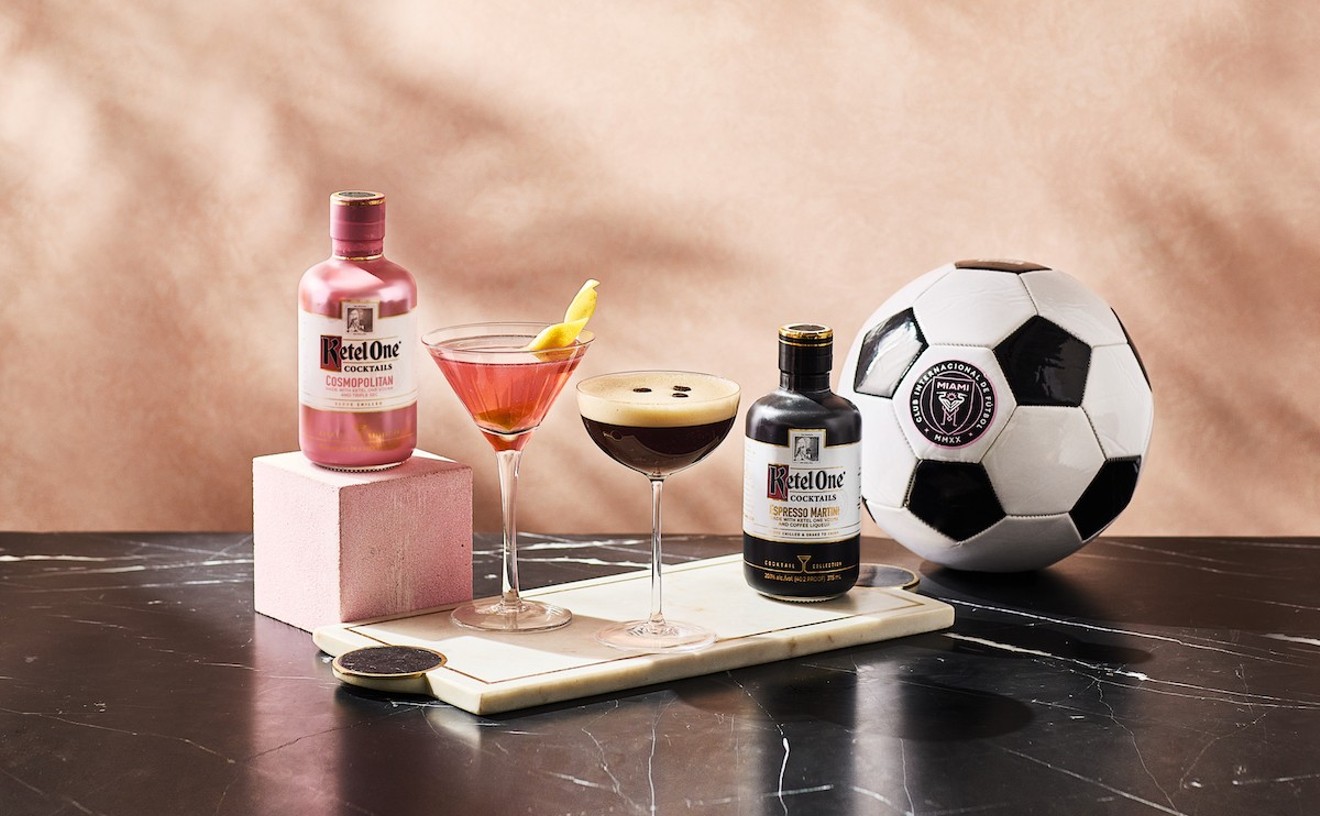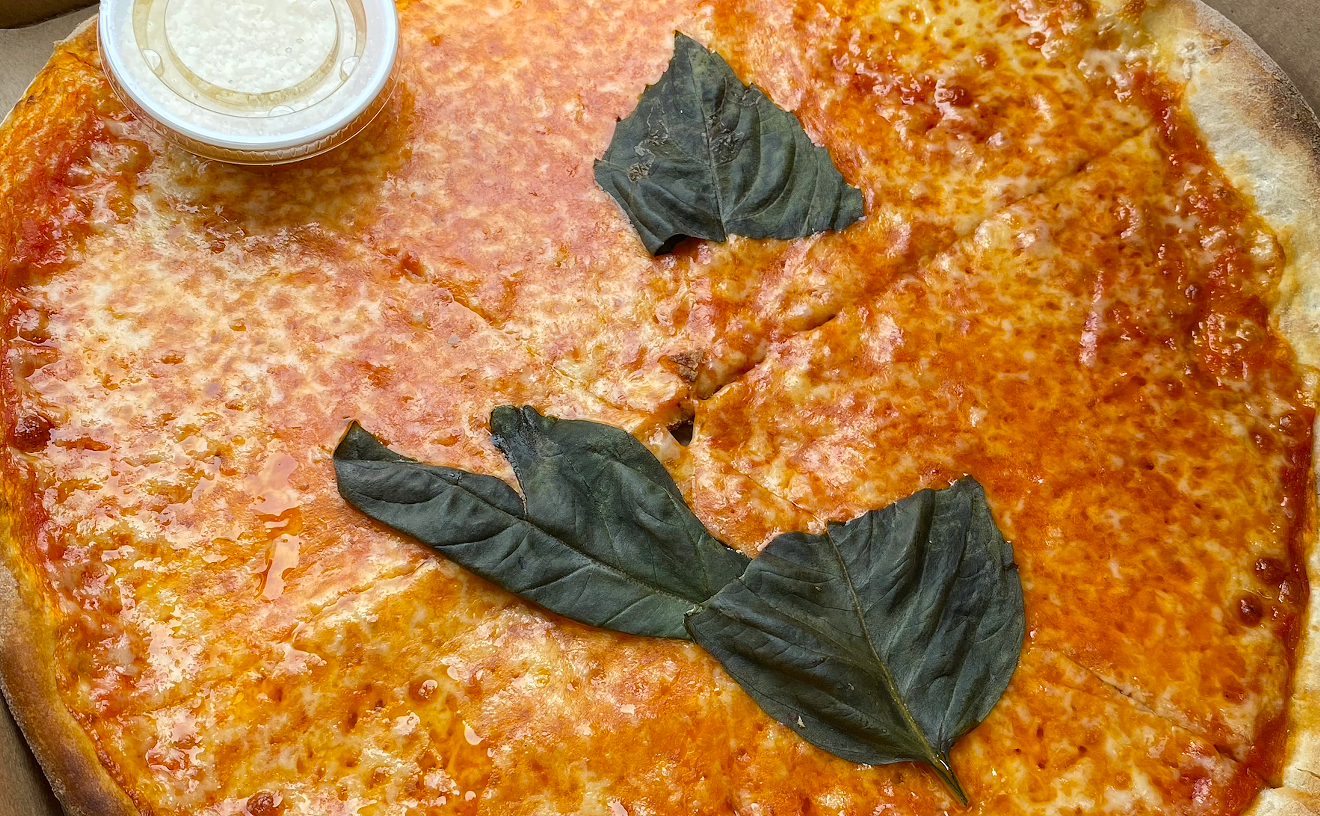Composting is an intimidating and rather off-putting task that must be done if we want to survive and live sustainably.
We need to be responsible and understand that soil is one of the most important things on this planet, and recycling food waste to build soil is vital. Our soil down here in South Florida is either sand or rock depending how far south you are and needs organic matter to support plant growth.
In my last article we discovered what compost is and some methods to actually do it; this article will focus on the in-vessel compost tumbler.
Dairy Farm in Okeechobee
A big problem for large scale dairy farms is what to do with all the poo? Cow manure, or any animal manure for that matter, and how to handle it is an ongoing problem for farmers. I have been working with cow manure from Butler Oaks Dairy Farm in Okeechobee, Florida for about eight years now. This is a conventional dairy farm with about 1,500 head of cattle for milking. Butler Oaks purchased a 96 yard in-vessel compost tumbler from South Dade Soil and Water Conservation District (SDSWCD) and composts their cow manure into a certified organic fertilizer. In-vessel composters can take in and give out 1/3 of the capacity per day. This size unit can produce over 30 yards per day!
SDSWCD markets in-vessel composters or compost tumblers, but the main focus of this organization is to conserve water and protect our soil (duh). I met Bill Townshend, who is their main composting guru, while I was working at The Breakers and we were considering a composter to digest food waste from the hotel. He is stationed out of Florida City, but travels all over the country to teach about this great technology. He has been my go to guy for anything I want to know about composting and we are lucky to have him here in our area.
Broken Sound in Boca Raton
A famous and prestigious development and country club in Boca Raton has been composting for over three years now, recycling food and landscape waste and turning it into plant fertility. They set up a 48 yard In-vessel compost tumbler from SDSWCD, a $400k operation, and it has been proven to be worth every penny and continues to offset fertilizer, pesticide, fungicide, herbicide, and mulching costs each year. It is estimated that they save $130k per year by composting! The compost grows healthier plants and as result they have dropped the use of pesticides or fungicides drastically. This makes perfect sense and every golf course and country club should be doing it. The composters come in different sizes to fit any operation and space available. Some composters have the ability to add on another composter to keep up with expansion and growth.
I got a chance to talk to an employee that has been composting for Broken Sound since the beginning, three years ago, and you can tell he is passionate about the operation. He walks me around the unit and shows me the different stages of compost and then proceeds to tell me how well the compost grows plants, he even takes some home to use on his fruit trees and lawn. Broken Sound uses the compost everywhere including the golf course greens, and has won several sustainability awards as a result.
Farmer Jay CompostingComposting is the first thing I set up when building a farm; I feel it is the most important component. I consider myself a soil farmer first, not a veggie farmer or chicken farmer, the health of everything is traced back to the soil. I am constantly working to build soil to grow healthier crops and composting is the best and only way to accomplish this sustainably. Currently I am composting food scraps and manures on the farm. I collect food scraps from Max's Harvest and The Green Gourmet in Delray Beach and I also just started collecting from Whole Foods Boca this week. The amount of food waste from Whole Foods is astonishing; I am still working on a waste analysis to determine just how much they are sending to the landfill. For starters I am only collecting from two departments and my goal is to recycle everything from this store one day. I am mainly using static pile composting and looking to expand operation with an In-vessel compost tumbler from SDSWCD in the near future. This will not only build my soil, but will offer others in the community a product to help build their soil as well.
Follow @ CleanPlateBPB










